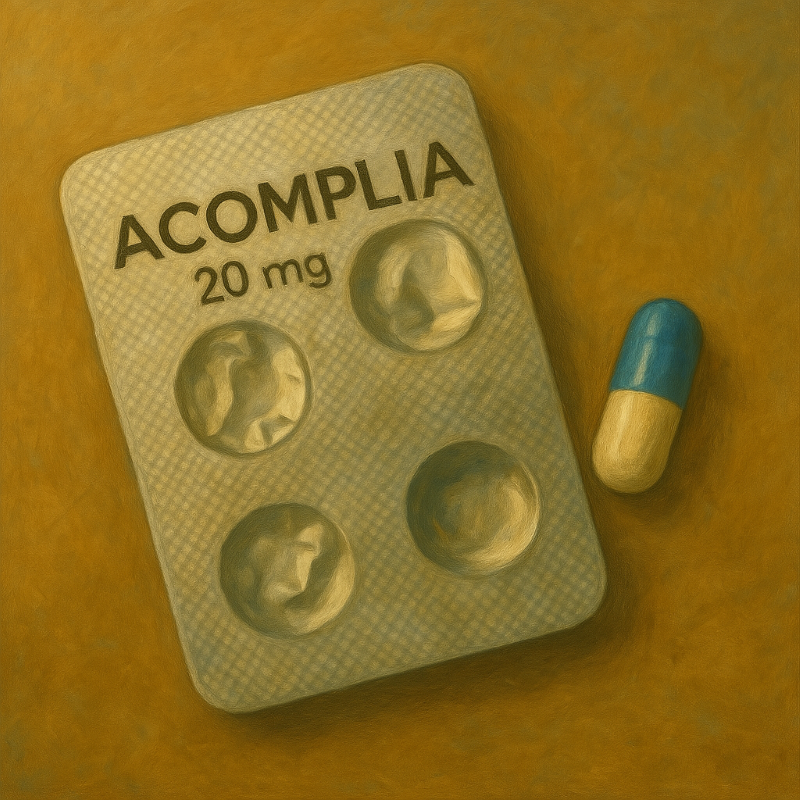Once hailed as a breakthrough in obesity treatment, Acomplia (Rimonabant) was developed by Sanofi-Aventis as a dual-purpose drug—helping users lose weight while also curbing nicotine cravings. But despite its promising results, Acomplia was withdrawn from the market due to serious health risks.
How Acomplia Worked
Acomplia targeted CB1 receptors in the brain, which are responsible for hunger signals and cravings. By blocking these receptors, the drug aimed to:
Reduce appetite and promote weight loss.
Suppress nicotine cravings, making it a potential smoking cessation aid.
Clinical Trials & Results
Studies showed that 35% of patients lost 10-12% of their body weight and maintained it for over two years—a record at the time. However, concerns over serious psychological side effects, including suicidality, led to its withdrawal from the market.
“ The road to innovation is paved with both success and failure—Acomplia’s journey was no exception. “
Julia Young
Why Was Acomplia Banned?
Despite its effectiveness, Acomplia was linked to:
Severe mood disorders and depression.
Increased risk of suicidal thoughts.
FDA rejection due to safety concerns.
The Legacy of Acomplia
While Acomplia is no longer available, its research paved the way for new weight loss treatments that focus on appetite regulation and metabolic health.
Final Thought:
Acomplia was a bold attempt at tackling obesity and smoking addiction, but its risks outweighed its benefits. Today, safer alternatives exist, proving that science continues to evolve in the fight against obesity.




